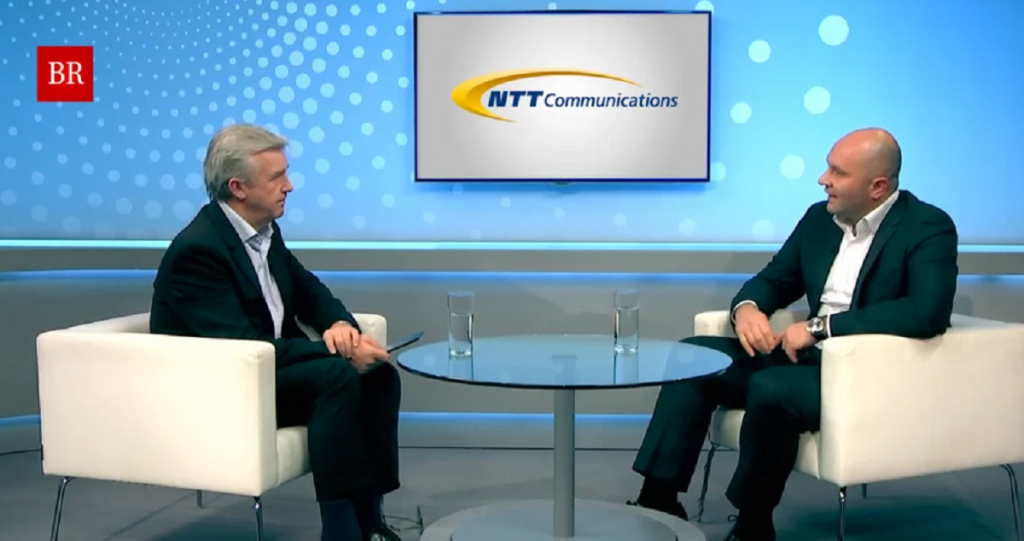Damian Skendrovic, CEO, NTT Com Managed Services
The everyday operations of organisations across the globe heavily revolve around IT. But the reliance on in-house IT departments means that valuable resources are being diverted from planning and implementing important digital transformational steps.
With technology’s importance in business now reaching stellar heights, the role of the chief information officer (CIO) in particular is continuously evolving. Despite all the talk about IT as a source of innovation and competitive differentiation, our surveys show that it’s the more mundane tasks that are consuming a great deal of our valuable time and resources, restricting the ability for IT to act as a true agent of change.
As enterprises continue to act on the realisation that business transformation has a huge digital element – and the technological pace of change continues to overtake the ability to recruit people with the necessary skills – it is perhaps unsurprising that the global managed IT services market continues to grow at a steady rate. Organisations require access to talent and they need partners to help them negotiate the new waves of technology, from Blockchain, IOT, cloud orchestration and new approaches to data analytics.
The next generation of service partners
It is often said that progressive CIOs want a situation where 80 per cent of their time is spent on innovation and 20 per cent on everyday “lights on” operations. Sadly, that ratio is nothing more than a fantasy. In fact, the most basic task of managing IT infrastructure was recognised as the most major workload by about two thirds of the people we recently surveyed.
Well down the list were the more creative, innovative aspects of the IT role, including developing apps for customers and aligning with business objectives by exploring new technologies. This is a depressingly common conundrum. IT cannot neglect the basic operations that enable and automate the business.
On the other hand, IT has traditionally struggled to allow time and budget to go further and help their organisations truly differentiate by delivering digital transformation. Something must be done, but what?
Long-term contracts with vendor lock-in and strict penalties for change are now outdated. Next-generation managed service providers (MSPs) are offering flexible “pay for what you consume” services contracts that are more closely aligned with the objectives of the business. This frees up critical in-house resources and enables departments to focus on delivering business value and digital transformation.
For information on next generation managed services visit: www.GMOne.com




